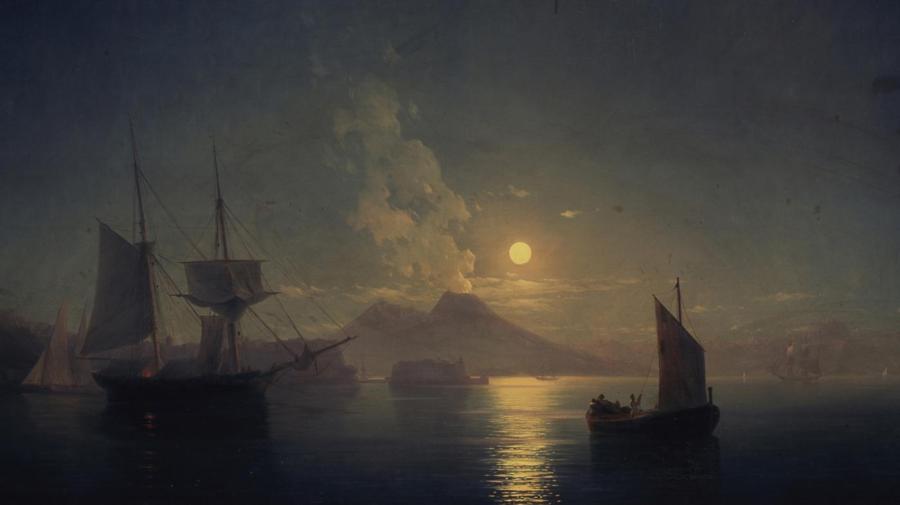What Are the Five Characteristics of an Epic?

The five characteristics of an epic are the inclusion of: supernatural forces interacting with humans; acts of courage or valor; characters who have some type of national importance; a tone and voice that make everything sound important, even if it’s not; and a setting that is regional, national or global in nature. An example of an epic would be the “Iliad,” the “Odyssey,” the “Aeneid” and “Paradise Lost.”
These five characteristics of an epic are illustrated in the character of Odysseus in Homer’s the “Odyssey.” The first characteristic is exemplified by Odysseus taking on extraordinary deeds that are not the deeds of a normal man. This makes him a larger-than-life character and gives him a national importance.
The secondary characteristic is exemplified by the journey that Odysseus takes that requires him to transverse nations. The third characteristic is exemplified by Odysseus proving his abilities and courage by fighting his way out of trouble as well as using clever wording. The fourth characteristic is shown in the conversation found between Zeus and Athena, where even a petty matter is given a great gravity cementing the sustained tone and language throughout the epic. The fifth characteristic is shown when the gods, such as Athena, intervene during Odysseus’ journey.





